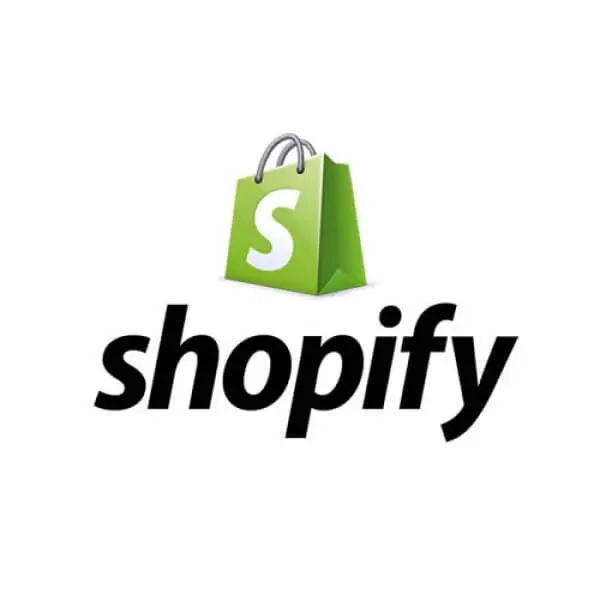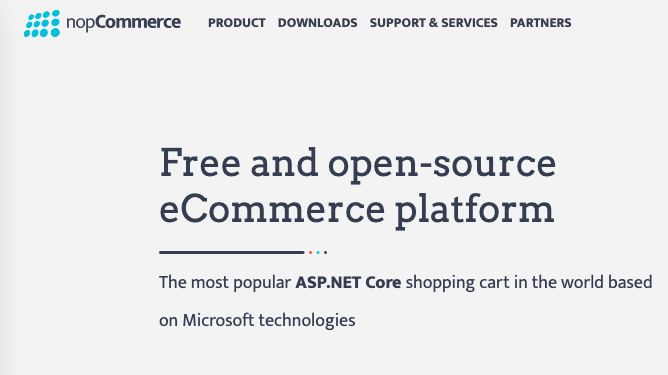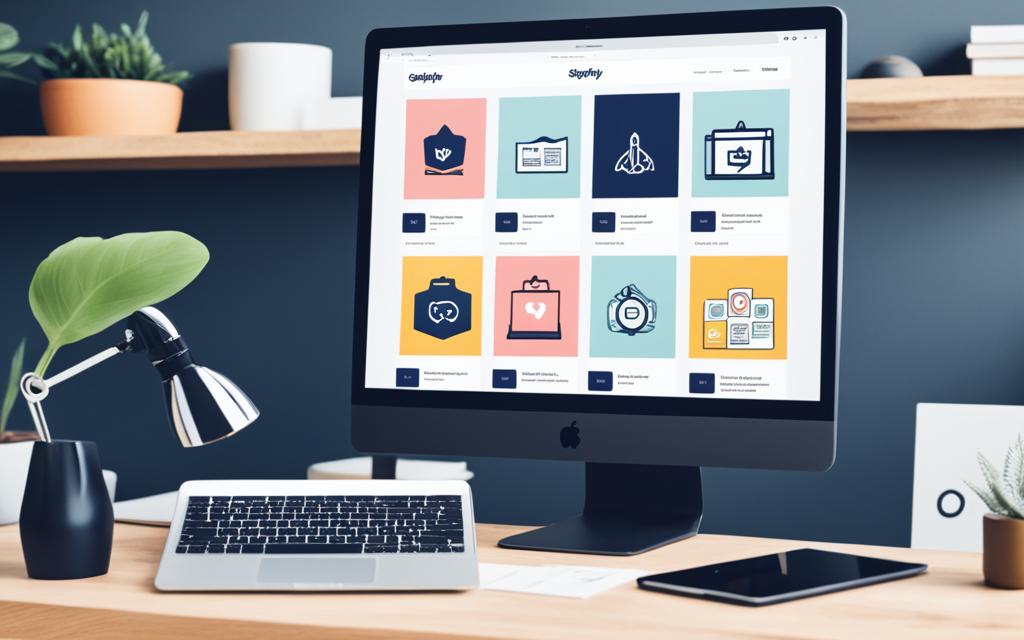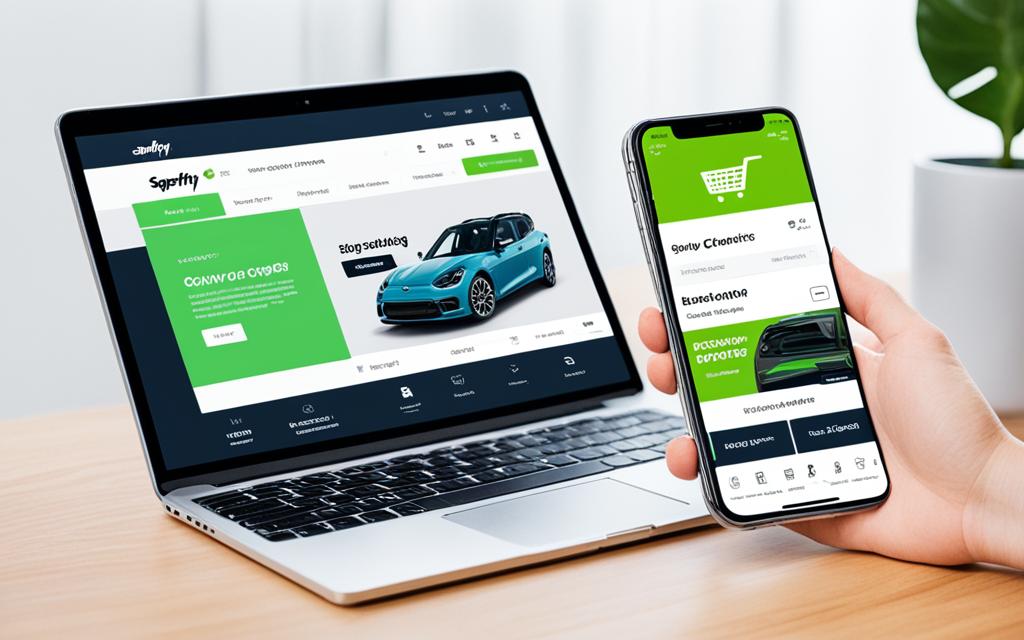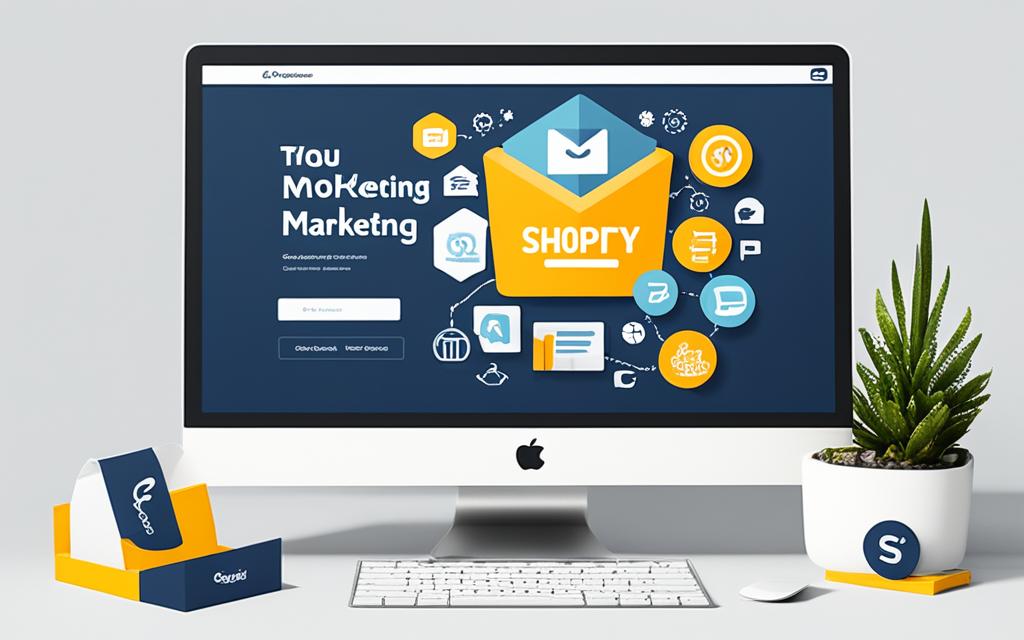In the ever-evolving landscape of ecommerce, two platforms stand out as top contenders: Shopify and nopCommerce. But which one truly reigns supreme?
The answer lies in understanding the unique features, strengths, and weaknesses of each platform.
Are you ready to discover the ecommerce solution that will propel your business to new heights?
This comprehensive article will delve into the nuances of Shopify vs nopCommerce, empowering you to make an informed decision that aligns with your specific needs.
From hosting and deployment to design and customization, payment options, inventory management, and beyond, we’ll uncover the key differences that can make all the difference in your ecommerce journey.
Overview
Shopify
Shopify is a cloud-based eCommerce platform that provides businesses with the tools and resources they need to create and manage an online store.
Founded in 2006, Shopify has grown to become one of the most popular ecommerce solutions, allowing merchants to easily build a website for selling products without any coding knowledge.
The platform’s user-friendly interface and wide range of features have made it a favorite among businesses of all sizes.
Try Shopify free followed by first month at just $1. No credit card required. Limited Time Offer.
Nopcommerce
Nopcommerce, on the other hand, is a free, open-source eCommerce platform that also provides businesses with the tools and resources they need to create and manage an online store.
First released in 2008, nopCommerce has become a popular choice for businesses seeking a more customizable and flexible ecommerce solution.
The platform’s open-source nature allows for a high degree of customization, making it a versatile option for businesses with specific requirements.
Check Out: GoDaddy vs Shopify
Hosting & Deployment
Shopify
Shopify is a fully hosted platform, meaning that the hosting and maintenance of your online store are handled by Shopify itself.
This allows you as a business owner to not worry about the technical aspects of running an ecommerce operation, such as server management, software updates, and security.
Shopify’s hosting is highly optimized for ecommerce, providing fast page load times and reliable uptime, ensuring a smooth shopping experience for your customers.
Nopcommerce
In contrast, nopCommerce is a self-hosted platform, which means that you as a business are responsible for hosting and maintaining the platform on your own server.
This provides you with greater control and flexibility over your online store, but it also requires technical expertise and resources to manage the platform effectively.
Explore: Shopify vs Instamojo
Design & Customization
Shopify
Shopify provides businesses with a wide range of customizable templates that can be easily configured to match the look and feel of your brand.
The platform’s drag-and-drop interface makes it simple to add products, manage orders, and handle other important tasks.
Moreover, Shopify offers a range of design-related apps in its app store, giving you access to a wide array of tools and resources to enhance the appearance and functionality of your online store.
Nopcommerce
NopCommerce is a more flexible platform when it comes to design.
With its open-source code, you can access the underlying code and make custom modifications to the design of your online store.
This provides you with greater control and flexibility over the look and feel of your online presence, but it also requires a higher level of technical expertise and resources to manage.
Payment Options
Shopify provides businesses with a range of integrated payment options, while nopCommerce offers greater flexibility in payment gateway integration.
Shopify
Shopify provides businesses with a secure and convenient way to accept payments from customers.
The platform uses its own payment gateway, Shopify Payments, which allows for credit card processing, as well as support for popular payment methods like PayPal and Apple Pay.
Shopify also supports a variety of alternative payment options, including bank transfers and cash on delivery, through its extensive app store.
Try Shopify free followed by first month at just $1. No credit card required. Limited Time Offer.
Nopcommerce
NopCommerce provides businesses with more flexibility when it comes to payment options.
The platform supports a wide range of payment gateways, enabling businesses to choose the solution that best suits their needs.
This allows for greater control and customization over the payment experience for your customers, catering to your specific business requirements.
Also Read: Shopify vs Fourthwall
Inventory Management
Shopify
Shopify provides you with a user-friendly interface that simplifies the process of adding, managing, and tracking your products and inventory.
The platform makes it easy to monitor stock levels, generate comprehensive reports on sales and inventory, and leverage a range of third-party inventory management apps to enhance your operations.
Shopify’s intuitive tools empower you to efficiently manage your ecommerce inventory, freeing up more time to focus on other crucial aspects of your business.
Nopcommerce
NopCommerce offers a more flexible and customizable approach to inventory management.
The platform provides you with a wide array of options for managing your products and inventory, including the ability to handle product variants, track stock levels, and generate detailed reports on sales and inventory data.
Nopcommerce’s open-source nature allows you to tailor the inventory management features to your specific business needs, making it a versatile solution for ecommerce businesses of all types and sizes.
Also Read: Shopify vs Meesho
Mobile Optimization
Shopify
Shopify is designed with mobile optimization in mind, providing businesses with a range of mobile-friendly templates that are optimized for a wide variety of devices, including smartphones and tablets.
These templates are not only visually appealing but also ensure a smooth and intuitive user experience, making it easy for your customers to browse, search, and purchase products on the go.
Shopify also offers a suite of mobile-specific features, such as mobile-optimized checkout, mobile-optimized product pages, and responsive design capabilities.
This allows your online store to provide a consistent and engaging experience across all devices, helping to boost conversions and customer satisfaction.
Nopcommerce
While Shopify’s mobile-friendly templates offer a convenient and out-of-the-box solution, nopCommerce provides businesses with greater control and flexibility over the mobile optimization of their online store.
The platform’s open-source code allows you to create custom mobile templates and make specific modifications to the mobile optimization of your website.
This level of customization can be particularly beneficial for businesses with unique requirements or those looking to differentiate their mobile experience from competitors.
However, this approach also requires a higher level of technical expertise and resources to manage, as you’ll need to invest in development efforts to fully optimize your nopCommerce-powered store for mobile devices.
Ease of Use
Shopify is easy to use and features a tidy, modern, and simple user interface. Businesses do not need to have any technical expertise to use Shopify, as the platform is thoroughly documented and includes good starting suggestions.
Contrary to Shopify, nopCommerce has a steeper learning curve and requires users to possess a foundational level of technological knowledge.
Businesses that lack technical expertise may need to bring on a seasoned developer to manage nopCommerce.
Also Read: Shopify Free Trial
Support & Community
Shopify
Shopify’s customer support team is renowned for their ability to quickly resolve issues and help businesses achieve their goals.
Whether you need assistance with setting up your online store, troubleshooting a technical problem, or exploring new features, Shopify’s support team is available around the clock to provide the solutions you need.
Try Shopify free followed by first month at just $1. No credit card required. Limited Time Offer.
Nopcommerce
On the other hand, nopCommerce’s open-source nature has fostered a vibrant and engaged community.
The platform’s users and developers actively contribute to solving problems, sharing knowledge, and developing new features and extensions.
The extensive community support can be invaluable for businesses that require more personalized assistance, with nopCommerce also offering paid support options, including quarterly and yearly subscriptions.
Explore: Shopify vs Storyblok
ERP & CRM Integration
Shopify
Shopify provides businesses with a robust ecosystem of third-party apps and integrations that can seamlessly connect your online store with a variety of ERP and CRM systems.
The Shopify App Store offers a wide selection of pre-built integrations, allowing you to easily sync your product data, customer information, and order management across multiple platforms.
The streamlined approach helps you maintain a unified view of your business operations and customer insights, enhancing your ability to make informed decisions and deliver exceptional customer experiences.
Nopcommerce
As an open-source platform, nopCommerce offers greater flexibility when it comes to integrating with ERP and CRM systems.
The platform’s modular design and extensive plugin ecosystem enable you to tailor the integration process to your specific business needs.
While this approach may require a higher level of technical expertise and development resources, it grants you the freedom to create custom integrations that perfectly align with your existing systems and workflows.
The level of customization can be particularly beneficial for businesses with unique or complex integration requirements.
Also Read: Shopify vs Shopee
Marketing Features
Both Shopify and nopCommerce offer a range of features and capabilities to help drive traffic, engagement, and sales. Let’s explore how these two ecommerce platforms stack up in the marketing department.
Check Out: Shopify vs Systeme.io
Shopify
Shopify’s impressive app store is a treasure trove of marketing-focused tools and integrations.
From email marketing and social media integration to search engine optimization and upselling/cross-selling features, Shopify’s app ecosystem is brimming with well-established solutions that have a proven track record of driving sales and conversions.
Merchants looking to enhance their online presence and boost their marketing efforts will find a wealth of reliable and user-friendly options within the Shopify app store.
Also Read: Printify vs Shopify
Nopcommerce
As an open-source ecommerce platform, nopCommerce provides businesses with the flexibility to customize and extend its marketing capabilities through the use of third-party plugins and integrations.
The platform comes equipped with built-in features for email marketing, social media integration, and search engine optimization, giving merchants a solid foundation to build upon.
The open-source nature of nopCommerce allows for a high degree of customization, enabling businesses to tailor their marketing strategies to their unique needs and preferences.
Explore: Shopify vs Gumroad
Pricing
Shopify offers a range of subscription plans, while nopCommerce is an open-source platform with no upfront costs for the software.
Shopify
Shopify’s pricing starts at $29 per month for the Basic Shopify plan, providing businesses with access to the platform’s hosted solution and a range of features and functionality.
For more advanced businesses, Shopify offers three additional plans: the Shopify plan at $79 per month and the Advanced plan at $299 per month, Plus plan at $2300/month. Each offers additional features and capabilities.
Try Shopify free followed by first month at just $1. No credit card required. Limited Time Offer.
Nopcommerce
nopCommerce is a free, open-source platform, which means that businesses are responsible for hosting and maintenance of their online store.
This can result in lower upfront costs, but it may require businesses to invest in development resources to customize and maintain the platform, which can add to the overall cost of ownership.
The total cost of owning a nopCommerce-based store will depend on factors such as hosting, domain registration, and any necessary development work.
Also Read: Is Shopify Good For Dropshipping?
Shopify vs Nopcommerce
Let’s take a quick look at the offerings of the two platforms.
| Feature | Shopify | nopCommerce |
|---|---|---|
| Hosting | Fully hosted platform | Self-hosted platform |
| Design and Customization | Customizable templates | Open-source flexibility |
| Payment Options | Integrated payment gateway | Wide range of payment gateways |
| Inventory Management | Intuitive product management | Flexible inventory tracking |
| Mobile Optimization | Mobile-friendly templates | Custom mobile optimization |
| Ease of Use | Simple and straightforward | Steeper learning curve |
| Support and Community | Excellent customer support | Robust open-source community |
| ERP and CRM Integration | Wide range of app integrations | Customizable integrations |
| Marketing Features | Extensive app-based features | Open-source marketing capabilities |
| Pricing and Total Cost of Ownership | Subscription-based pricing | Free platform, hosting costs |
Conclusion
Both Shopify and nopCommerce offer unique features and benefits that cater to different business needs.
Shopify’s hosted solution and easy-to-use interface make it a great choice for businesses that want a straightforward ecommerce platform, while nopCommerce’s open-source flexibility and customization options appeal to businesses that require more control and functionality.
When choosing between the two platforms, it’s important for you to carefully evaluate your specific requirements, including your technical expertise, budget, and long-term goals.
This will help you determine which platform will best meet the needs of your business and set you up for success in the competitive ecommerce landscape.


